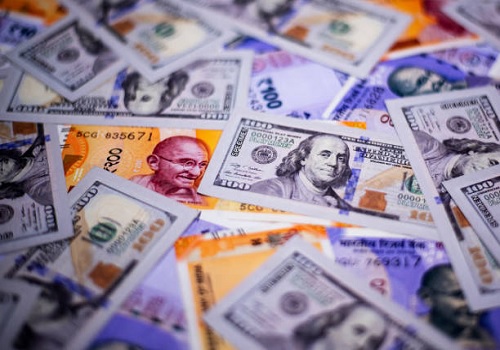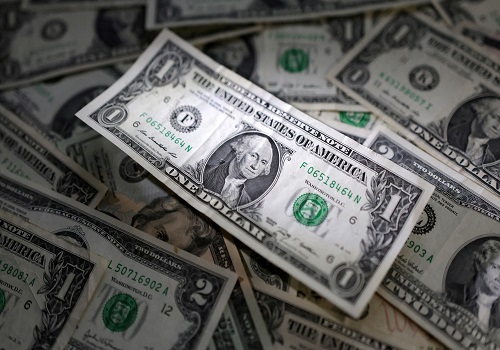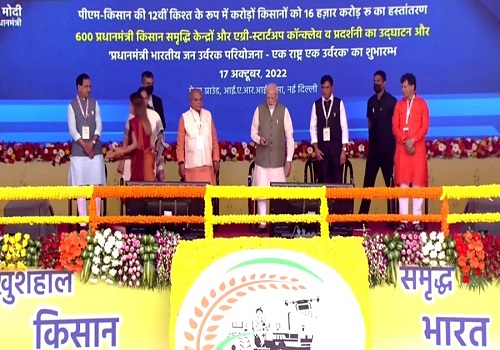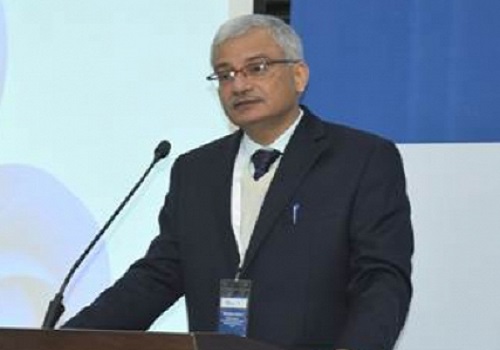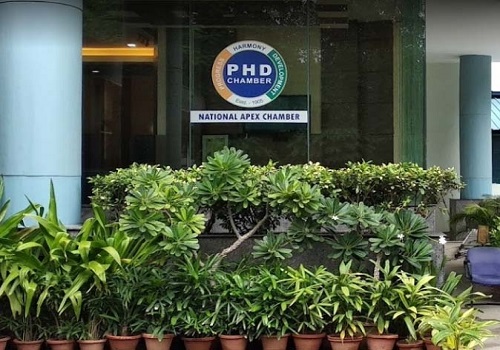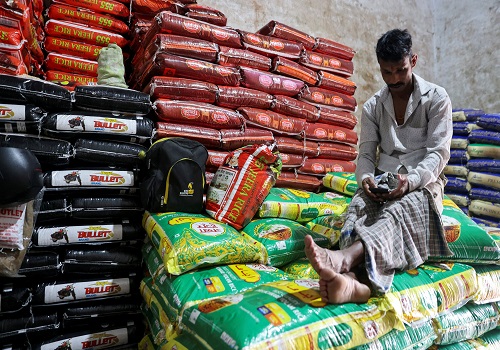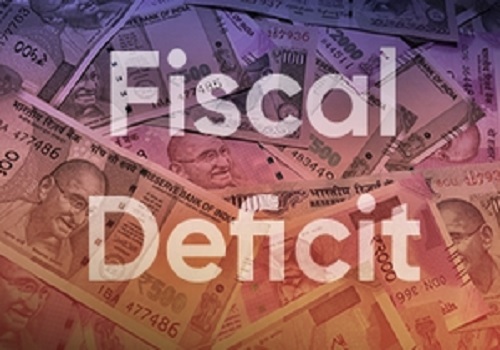India to speed up deficit reduction as fiscal target looms
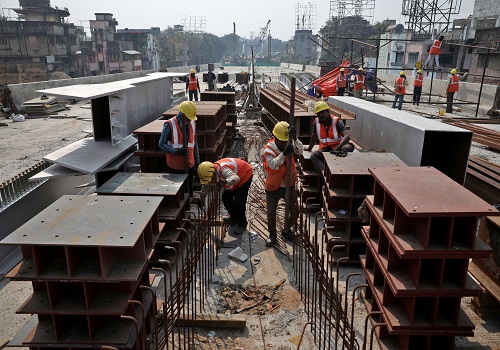
Follow us Now on Telegram ! Get daily 10 - 12 important updates on Business, Finance and Investment. Join our Telegram Channel
NEW DELHI/MUMBAI - India is preparing a stepped-up deficit reduction plan in its annual budget due out next month, two government officials said, holding fast to fiscal targets that will require deep spending cuts and could pose fresh risks in a slowing global economy.
Government officials had already flagged steep cuts to food and fertiliser subsidies that helped households and businesses weather the pandemic, and one of the officials added that growth in government capital investment - a key driver for one of the world's fastest growing major economies - will also be curbed.
The two officials said the government will aim to cut its fiscal deficit to 5.8-5.9% of GDP in the year from April 1, from an estimated 6.4% in the current year, and will stick to its broader target set last year of reaching 4.5% by 2025/26.
The officials, who are familiar with discussions on the government budget that is due for release on Feb, 1, declined to be named because the discussions are confidential.
"The government is very sensitive to the fiscal deficit number and is very keen to bring it down in line with the glide path they have laid down," one of the sources said.
With India's currency near record lows, its quarterly current account deficit at nine-year highs and government borrowing at record amounts, the authorities have little room for error as they navigate a tough global environment of high inflation and a looming risk of recession.
The easing threat from the pandemic, economists say, gives the government some leeway to pull back on spending like subsidies, but it must walk a finer line on investment: public capital spending remains critical to sustain growth, although heavy government borrowing risks crowding out private investment.
"Indeed, the reduction in the fiscal deficit could somewhat curtail fiscal support to growth, but objectively the quality of fiscal expenditure is of greater importance," said Yuvika Singhal, an economist at QuantEco Research.
"A continued thrust on capex spending in FY24, despite a cutback in revenues and overall fiscal deficit, would remain growth-supportive in an environment of mounting global headwinds."
Since the peak of the pandemic, India's strong economic growth - pegged at 7% for the year to end-March in the latest government estimate released last week - has relied heavily on record government capital expenditures, as well as a steady rise in domestic consumption.
While there are early signs of a slow pick-up in private sector investment, with analysts pointing to a rise in gross fixed capital formation to an estimated 33.9% of GDP in the current fiscal year from 30.5% in 2020/21, they warn that a global slowdown could dampen it.
"At this point, jump-starting India's investment cycle remains the key," said Societe Generale economist Kunal Kundu.
In the past two annual budgets the government increased its capital spending around 35% per year, reaching 7.5 trillion rupees ($92.5 billion) in fiscal 2022/23 versus 4.25 trillion rupees in 2020/21, and this provided critical funding for roads, railways, ports and other infrastructure.
The upcoming budget is expected to provision for a continued increase, but of less than 20%, one of the government officials said.
At the same time, the government is looking for steep spending cuts on major subsidies such as food and fertiliser, where it aims to save nearly $17 billion in the next fiscal year.
Spending cuts could hamper growth in the absence of a pick-up in private investments, economists said, but the benefits of fiscal prudence are likely to outweigh the risks.
"With India running one of the highest public debt-to-GDP ratios among emerging markets globally, firm adherence to fiscal consolidation would seem the most appropriate path for the government, in our view," Goldman Sachs economists said in a note this week.
($1 = 81.1100 Indian rupees)

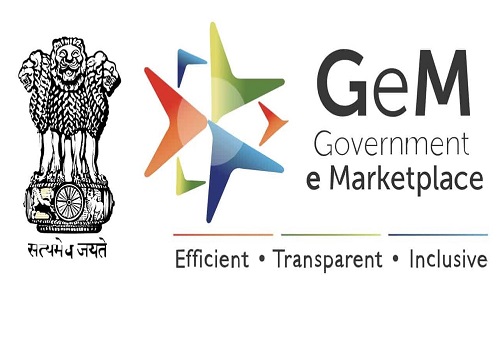






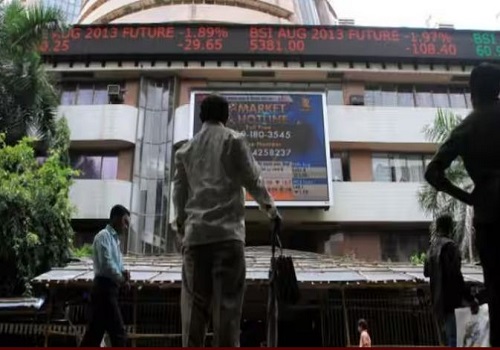

Tag News

Monthly Debt Market Update, September 2023: CareEdge Ratings





 320-x-100_uti_gold.jpg" alt="Advertisement">
320-x-100_uti_gold.jpg" alt="Advertisement">


